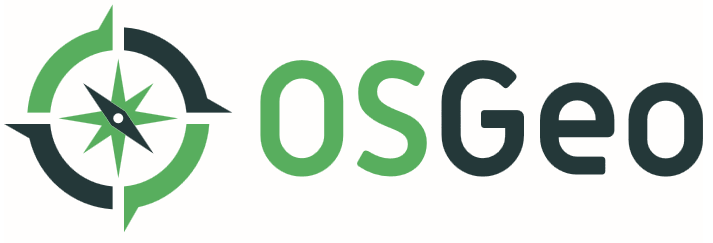Difference between revisions of "Google Summer of Code 2022"
Jump to navigation
Jump to search
Rahulworld (talk | contribs) (Created GSoC 2022 page) |
RajatShinde (talk | contribs) |
||
| Line 10: | Line 10: | ||
| − | == New Modifications with GSoC | + | == New Modifications with GSoC 2022 (Must Read) == |
| − | + | (citing from official GSoC 2022 announcement) | |
| − | * | + | * Starting in 2022, the program will be open to all newcomers of open source that are 18 years and older, no longer focusing solely on university students. With folks around the world changing careers, returning to the workforce, learning on their own (outside of academic programs) we see an opportunity to reach a plethora of excited individuals who want to learn more about open source and be a part of our amazing GSoC communities. Check [https://summerofcode.withgoogle.com/rules/ Eligibility] here. |
| − | * | + | * GSoC Contributors will also be able to choose from multiple size projects ~175 hour (medium) and 350 hour (large). We understand not everyone can spend 30 hours a week on a coding project for 12 weeks but they would like to be a part of these communities with the help of mentors. |
| + | |||
| + | * We are building increased flexibility around the timing of projects - there is an option to extend the standard 12 week coding time frame to a maximum of 22 weeks. This is to allow for folks who may realize that spreading the work over say, 16 weeks, is a more realistic goal with their current life situation. Or for contributors who have life happen in the middle of the program and they can’t work on their projects for a few weeks, but they can come back to it after a month to finish it. Hopefully this makes it easier for GSoC Contributors and mentors to be able to navigate together when obstacles occur and the GSoC Contributor can successfully complete their project. | ||
Revision as of 21:43, 29 January 2022
Welcome to the OSGeo Google Summer of Code 2022 page
- If you are a student, please visit our Google Summer of Code 2022 Ideas and our Google Summer of Code Recommendations for Students pages
- If you are a mentor you should go to our Google Summer of Code 2022 Administrative page.
New Modifications with GSoC 2022 (Must Read)
(citing from official GSoC 2022 announcement)
- Starting in 2022, the program will be open to all newcomers of open source that are 18 years and older, no longer focusing solely on university students. With folks around the world changing careers, returning to the workforce, learning on their own (outside of academic programs) we see an opportunity to reach a plethora of excited individuals who want to learn more about open source and be a part of our amazing GSoC communities. Check Eligibility here.
- GSoC Contributors will also be able to choose from multiple size projects ~175 hour (medium) and 350 hour (large). We understand not everyone can spend 30 hours a week on a coding project for 12 weeks but they would like to be a part of these communities with the help of mentors.
- We are building increased flexibility around the timing of projects - there is an option to extend the standard 12 week coding time frame to a maximum of 22 weeks. This is to allow for folks who may realize that spreading the work over say, 16 weeks, is a more realistic goal with their current life situation. Or for contributors who have life happen in the middle of the program and they can’t work on their projects for a few weeks, but they can come back to it after a month to finish it. Hopefully this makes it easier for GSoC Contributors and mentors to be able to navigate together when obstacles occur and the GSoC Contributor can successfully complete their project.
See also older Google Summer of Code
2021,
2020,
2019,
2018,
2017,
2016,
2015,
2014,
2013,
2012,
2011,
2010,
2009,
2008 and
2007 wiki pages for previous ideas and blogs from the 180+ students we've graduated through the program already.
You can subscribe to the OSGeo Google Summer of Code Mailing List here:

